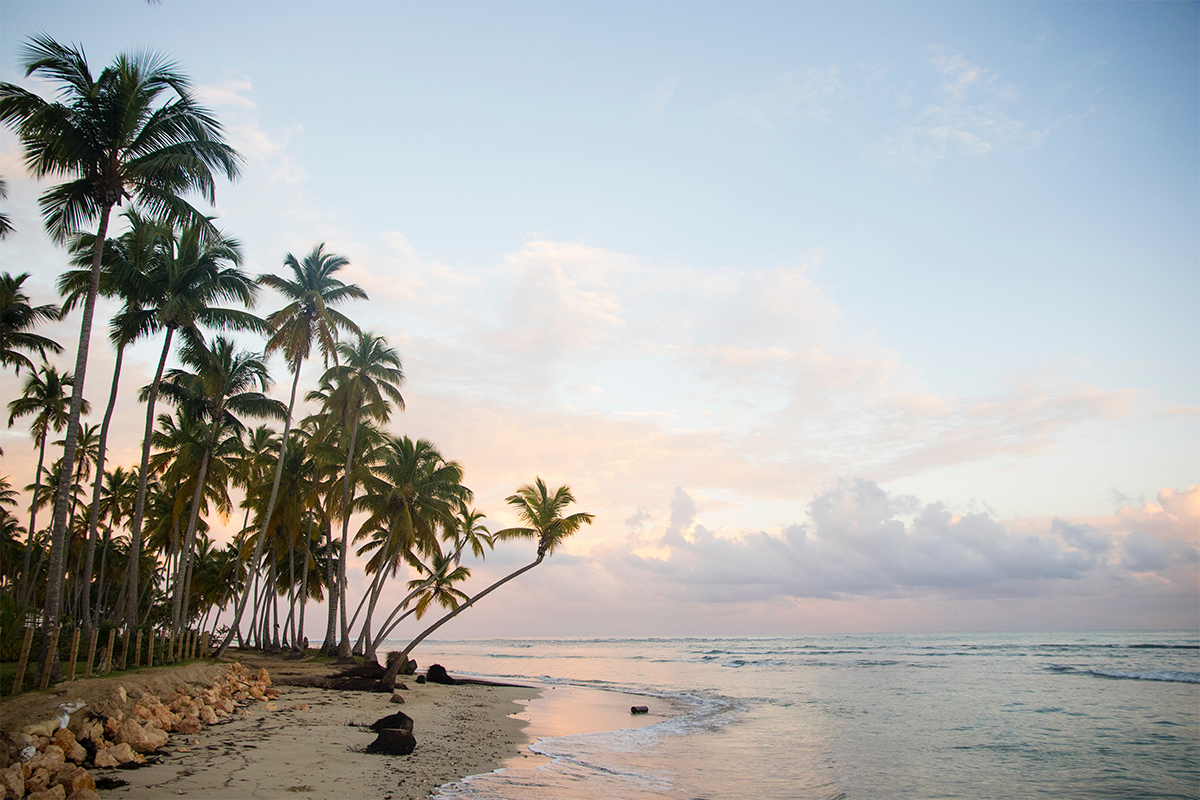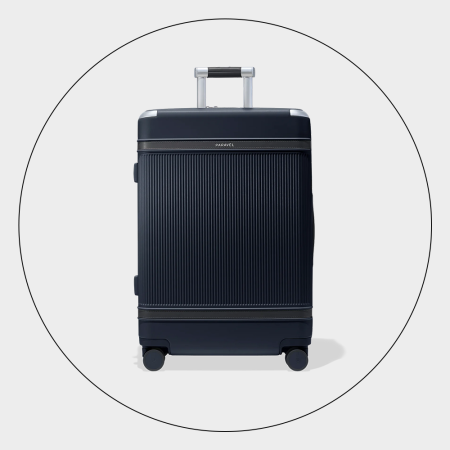Calling the Caribbean “the most tourism-dependent region in the world” isn’t hyperbole. In the Bahamas, for instance, tourism represents an astonishing 70% of national GDP. Most developed islands in the region are accustomed to welcoming up to six cruise ships per day, packed with thousands of tourists. In 2019, the region at large reeled in $59 billion in revenue from tourism alone. That was up from $49 billion in 2014, as competitive low-cost carriers and an increase in overnight options made travel easier than ever in the back half of the 2010s.
After a crippling year in which cruises and flights ground to a halt and hotels were either closed or remained 95% vacant for months on end, tropical destinations in the Caribbean and Latin America are slowly coming back to life, and looking for new ways to attract would-be visitors from the United States. But as has become typical with travel infrastructure in the age of COVID-19, the new rules and regulations vary from country to country.
Testing, at the least, is a big theme. In order to travel to the Bahamas, any visitor over the age of 10 needs to submit negative test results from a coronavirus test taken with five days of arrival, plus apply for a health visa from the government. Depending on the length of your stay, the Bahamas will test you again while you’re there. In Costa Rica, travelers must complete an online form proving they’re healthy to fly, and then buy local travel insurance in case they contract coronavirus while visiting. To visit Jamaica or Panama, meanwhile, travelers must fill out affidavits ahead of time confirming negative tests.
Certain airlines — like American — have tried to streamline this whole process, offering “preflight COVID-19 testing” for international travelers. After the health questionnaires and tests are completed, countries are relying on usual public health protocols like social distancing, mask-wearing, sanitation inspections of hotels and restaurants, and limited capacity on boats or in bars. But they’re also counting on the great outdoors.
While American cities are currently buying up space heaters and parks are shutting down for the long winter ahead, the Caribbean and Latin America are stressing their status as a year-round outdoor option. The concept checks out: head down here for the beaches, jungles and waterfalls, where social distancing comes naturally. It’s an attractive pitch, and favorable rates from resorts will only make it more enticing. But a monster second wave in the States could stand in the way of that vision. Many Americans had already written off traveling this year, and the country set a new record for daily coronavirus cases last Friday.
Thanks for reading InsideHook. Sign up for our daily newsletter and be in the know.


















